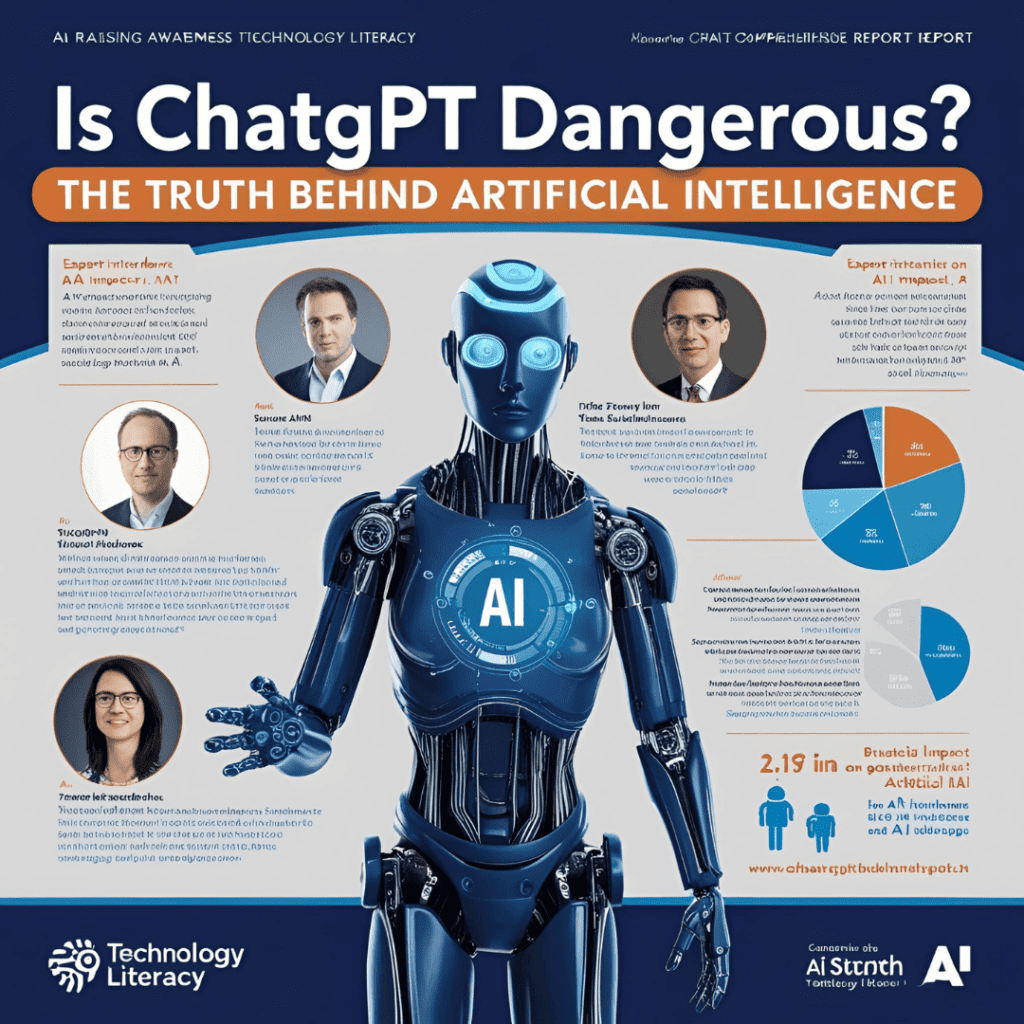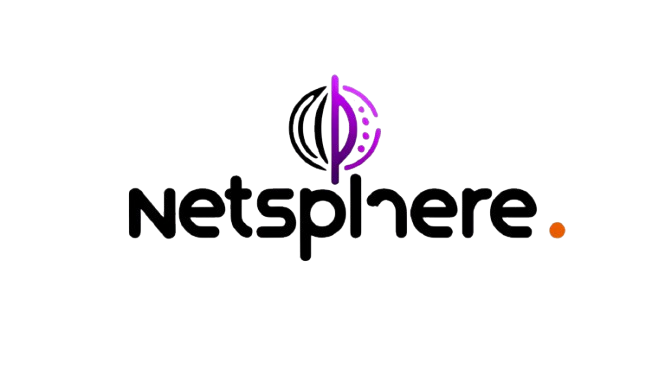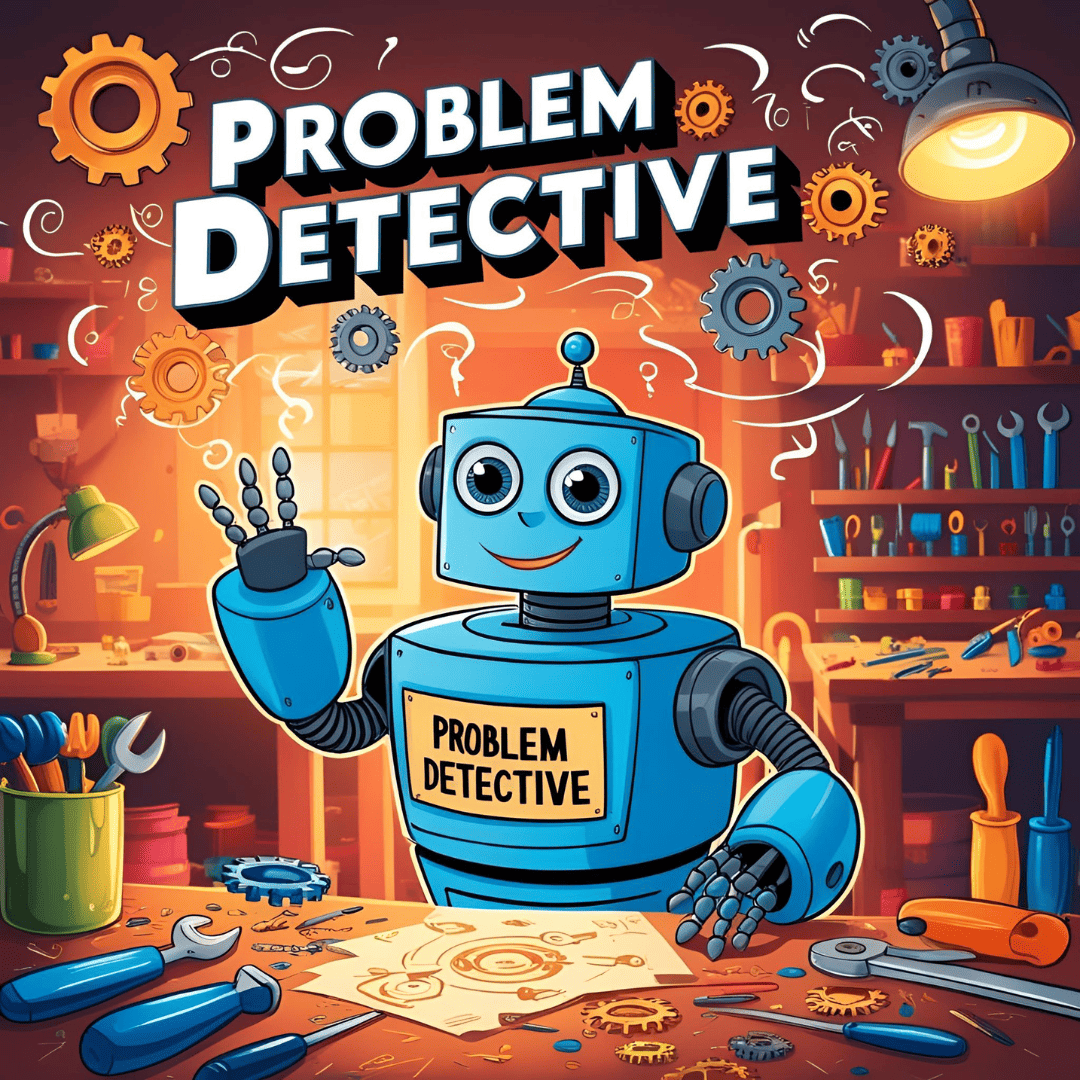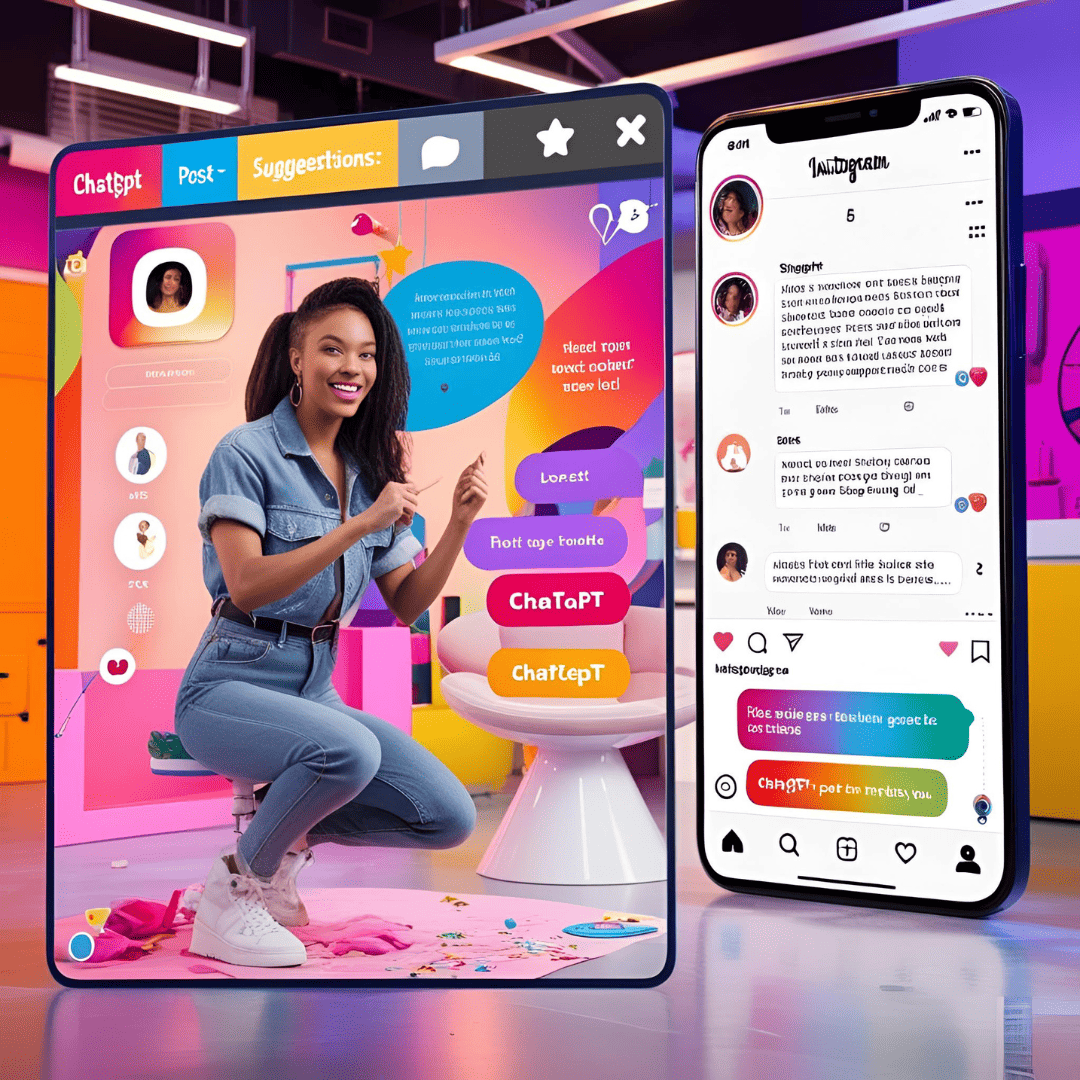With the rapid advancement of technology, tools like ChatGPT have become increasingly popular, raising an essential question: “Is ChatGPT dangerous?” This is a valid concern and involves several factors — from data security to social, educational, and ethical impacts. In this post, we’ll explore the main points behind this debate, debunk myths, and analyze the real risks.
What is ChatGPT?
ChatGPT is a language model based on artificial intelligence, developed by OpenAI. It is trained on a massive amount of text from the internet to understand, interpret, and generate responses in natural language. In practice, it’s used to automate customer service, generate content, support learning, among many other applications.

What are the risks associated with ChatGPT?
- Misinformation and fake content: ChatGPT can produce incorrect information in a very convincing tone. If used without critical thinking, it may contribute to the spread of fake news or unsupported data.
- Overreliance on technology: Constant use of AI tools can lead to a reduction in critical thinking, especially among students who rely on the tool to complete assignments without actually learning.
- Exposure of sensitive data: Although ChatGPT doesn’t store specific conversations, users who share confidential information are at risk — especially in corporate or legal environments.
- Ethical concerns and misuse: Like any powerful tool, ChatGPT can be misused — for example, in scams, textual deepfakes, or manipulating public opinion.
Will ChatGPT replace jobs?
This is a sensitive topic. Automation through AI can indeed replace repetitive tasks, especially in customer support and basic content creation. However, it also creates new opportunities in fields such as prompt engineering, content curation, data analysis, and AI development. So, the focus should be on adapting to the new landscape.
How to use ChatGPT safely?
- Don’t share personal or sensitive data in your conversations.
- Use it as a support tool, not as your only source of information.
- Double-check the information with reliable sources.
- Promote ethical and responsible use in schools and the workplace.
So, is ChatGPT dangerous?
The answer is: it depends on how it’s used. Like any powerful technology, ChatGPT can be beneficial or harmful. The key lies in digital literacy, responsible use, and clear regulations to ensure ethical and safe AI usage.
ChatGPT isn’t the villain — it’s a reflection of our society. It’s up to us to decide how we use it.









